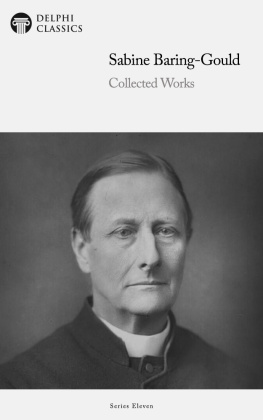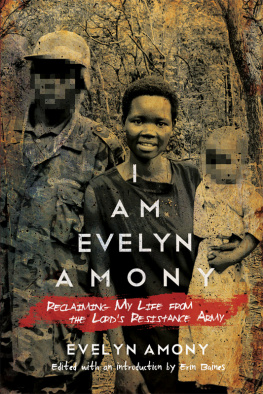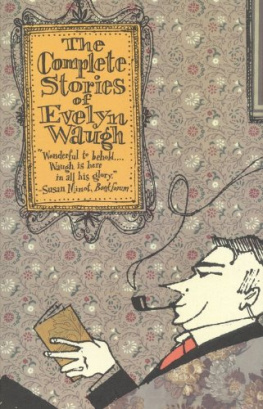I
Table of Contents
THE GOVERNMENT OF SUBJECT RACES
"The Edinburgh Review," January 1908
The "courtly Claudian," as Mr. Hodgkin, in his admirable and instructive work, calls the poet of the Roman decadence, concluded some lines which have often been quoted as applicable to the British Empire, with the dogmatic assertion that no limit could be assigned to the duration of Roman sway. Nec terminus unquam Romanae ditionis erit. At the time this hazardous prophecy was made, the huge overgrown Roman Empire was tottering to its fall. Does a similar fate await the British Empire? Are we so far self-deceived, and are we so incapable of peering into the future as to be unable to see that many of the steps which now appear calculated to enhance and to stereotype Anglo-Saxon domination, are but the precursors of a period of national decay and senility?
A thorough examination of this vital question would necessarily involve the treatment of a great variety of subjects. The heart of the British Empire is to be found in Great Britain. It is not proposed in this place to deal either with the working of British political institutions, or with the various important social and economic problems which the actual condition of England presents, but only with the extremities of the body politic, and more especially with those where the inhabitants of the countries under British rule are not of Anglo-Saxon origin.
What should be the profession of faith of a sound but reasonable Imperialist? He will not be possessed with any secret desire to see the whole of Africa or of Asia painted red on the maps. He will entertain not only a moral dislike, but also a political mistrust of that excessive earth-hunger, which views with jealous eyes the extension of other and neighbouring European nations. He will have no fear of competition. He will believe that, in the treatment of subject races, the methods of government practised by England, though sometimes open to legitimate criticism, are superior, morally and economically, to those of any other foreign nation; and that, strong in the possession and maintenance of those methods, we shall be able to hold our own against all competitors.
On the other hand, he will have no sympathy with those who, as Lord Cromer said in a recent speech, "are so fearful of Imperial greatness that they are unwilling that we should accomplish our manifest destiny, and who would thus have us sink into political insignificance by refusing the main title which makes us great."
An Imperial policy must, of course, be carried out with reasonable prudence, and the principles of government which guide our relations with whatsoever races are brought under our control must be politically and economically sound and morally defensible. This is, in fact, the keystone of the Imperial arch. The main justification of Imperialism is to be found in the use which is made of the Imperial power. If we make a good use of our power, we may face the future without fear that we shall be overtaken by the Nemesis which attended Roman misrule. If the reverse is the case, the British Empire will deserve to fall, and of a surety it will ultimately fall. There is truth in the saying, of which perhaps we sometimes hear rather too much, that the maintenance of the Empire depends on the sword; but so little does it depend on the sword alone that if once we have to draw the sword, not merely to suppress some local effervescence, but to overcome a general upheaval of subject races goaded to action either by deliberate oppression, which is highly improbable, or by unintentional misgovernment, which is far more conceivable, the sword will assuredly be powerless to defend us for long, and the days of our Imperial rule will be numbered.
To those who believe that when they rest from their earthly labours their works will follow them, and that they must account to a Higher Tribunal for the use or misuse of any powers which may have been entrusted to them in this world, no further defence of the plea that Imperialism should rest on a moral basis is required. Those who entertain no such belief may perhaps be convinced by the argument that, from a national point of view, a policy based on principles of sound morality is wiser, inasmuch as it is likely to be more successful, than one which excludes all considerations save those of cynical self-interest. There was truth in the commonplace remark made by a subject of ancient Rome, himself a slave and presumably of Oriental extraction, that bad government will bring the mightiest empire to ruin.
Some advantage may perhaps be derived from inquiring, however briefly and imperfectly, into the causes which led to the ruin of that political edifice, which in point of grandeur and extent, is alone worthy of comparison with the British Empire. The subject has been treated by many of the most able writers and thinkers whom the world has producedGibbon, Guizot, Mommsen, Milman, Seeley, and others. For present purposes the classification given by Mr. Hodgkin of the causes which led to the downfall of the Western Empire has been adopted. They were six in number, viz.:
1. The foundation of Constantinople.
2. Christianity.
3. Slavery.
4. The pauperisation of the Roman proletariat.
5. The destruction of the middle class by the fiscal oppression of the Curiales.
6. Barbarous finance.
1. The Foundation of Constantinople.It is, for obvious reasons, unnecessary to discuss this cause. It was one of special application to the circumstances of the time, notably to the threatening attitude towards Rome assumed by the now decadent State of Persia.
2. Christianity.That the foundation of Christianity exercised a profoundly disintegrating effect on the Roman Empire is unquestionable. Gibbon, although he possibly confounds the tenets of the new creed with the defects of its hierarchy, dwells with characteristic emphasis on this congenial subject. Mr. Hodgkin, speaking of the analogy between the British present and the Roman past, says:
The Christian religion is with us no explosive force threatening the disruption of our most cherished institutions. On the contrary, it has been said, not as a mere figure of speech, that "Christianity is part of the common law of England." And even the bitterest enemies of our religion will scarcely deny that, upon the whole, a nation imbued with the teaching of the New Testament is more easy to govern than one which derived its notions of divine morality from the stories of the dwellers on Olympus.









